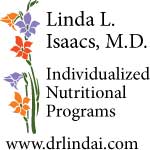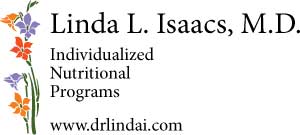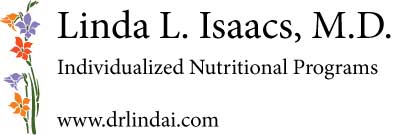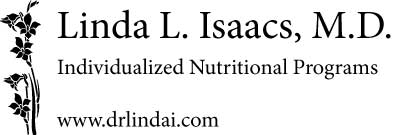Coffee for Enemas: Light or Dark Roast?
All advocates of coffee enemas will agree that you should use organic coffee and filtered or purified water to make the coffee solution. But what about the roast of the coffee beans?
The roasting process can destroy various antioxidants, as well as a substance called chlorogenic acid that is found in green coffee beans.(1) But green coffee can be allergenic.(2) Roasting gets rid of some components that theoretically would be beneficial, but it also gets rid of proteins that can cause allergies (chlorogenic acid is not the culprit).
If the mechanism of action of coffee enemas were better understood, that might guide decisions about the coffee roast. Coffee enemas induce the flow of bile from the liver and gallbladder.(3) The liver gets rid of wastes by secreting them into bile, so it makes sense that stimulation of bile flow is helpful.
Many say that coffee enemas stimulate production of glutathione (a substance the liver attaches to toxins to prepare them for disposal). This hasn't been proven. The earliest article I found that claims this cites a study where mice were fed a diet containing massive amounts of green coffee beans, which stimulated production of an enzyme that makes glutathione.(4) Because both the dose and the administration method are very different, we can't assume that coffee enemas influence glutathione.(5)
Until more research is done, all we know is that generations of practitioners and patients say coffee enemas make them feel better, and they increase bile flow. That doesn't help us know whether light or dark roast coffee is better. The next question is, has anyone looked to see if people feel better when using lightly roasted coffee or a darker roast for their coffee enemas?
As it happens, the research has been done. In the 1990s my colleague, co-author and friend, the late Dr. Nicholas Gonzalez, had a research agreement with a multinational corporation that, among other things, makes coffee. With their assistance, we conducted an experiment where different people were given samples of light roast and dark roast coffee grounds to brew and make coffee for coffee enemas. A caramel coloring was used to mask the color of the lighter roast coffee so that the participants could not tell which was which, and the amounts of coffee grounds provided were standardized to give equal amounts of caffeine in each dose.
We found that while all patients reported they felt better after using either type of coffee, some patients preferred a lighter roast coffee (higher in chlorogenic acid) and others preferred a darker roast. People with chemical sensitivities preferred the lighter roast, and so did those whose metabolism was more on the carnivorous, alkaline side. The darker roast was preferred by those whose metabolism was more on the vegetarian, acid side - we speculated that patients with a more acid metabolism did not like the effect of the chlorogenic acid. But the correlation was not perfect; there were exceptions in both categories.
Light roast or dark? Either is acceptable, and different people have different preferences. As long as the coffee is organic and the water used to make it is pure, a light or a dark roast is suitable. The toxicology department at the multinational corporation emphasized that coffee should be at least lightly roasted as the risk of allergic reactions with a completely green coffee made them very nervous. Some roasting is needed; how much is up to the individual.
One last consideration: I do like waking up and smelling the coffee. The light roast coffee smells really strange. I've tried both, and the darker roast is my choice.
Some companies that sell coffee specifically for coffee enemas say that theirs is superior because it is mold-free. According to an article on the website of the organic coffee company SA Wilson, sellers of a light roast coffee, all organic coffee is mold-free, because of inspection regulations and because the roasting process destroys mold.
References
1. Jung S, Kim MH, Park JH, Jeong Y, Ko KS. Cellular Antioxidant and Anti-Inflammatory Effects of Coffee Extracts with Different Roasting Levels. J Med Food. 2017;20(6):626-35. Abstract
2. Layton LL, Greene FC, Panzani R. Allergy to green coffee. Failure of patients allergic to green coffee to react to chlorogenic acid, roasted coffee, or orange. J Allergy. 1965;36:84-91. Full Text
3. Kim ES, Chun HJ, Keum B, Seo YS, Jeen YT, Lee HS, et al. Coffee enema for preparation for small bowel video capsule endoscopy: a pilot study. Clinical nutrition research. 2014;3(2):134-41. Full Text
4. Sparnins VL, Venegas PL, Wattenberg LW. Glutathione S-transferase activity: enhancement by compounds inhibiting chemical carcinogenesis and by dietary constituents. J Natl Cancer Inst 1982;68(3):493-6. Abstract
5. Isaacs LL. Coffee enemas: a narrative review. Altern Ther Health Med. 2021;27(3):46-9. Abstract




